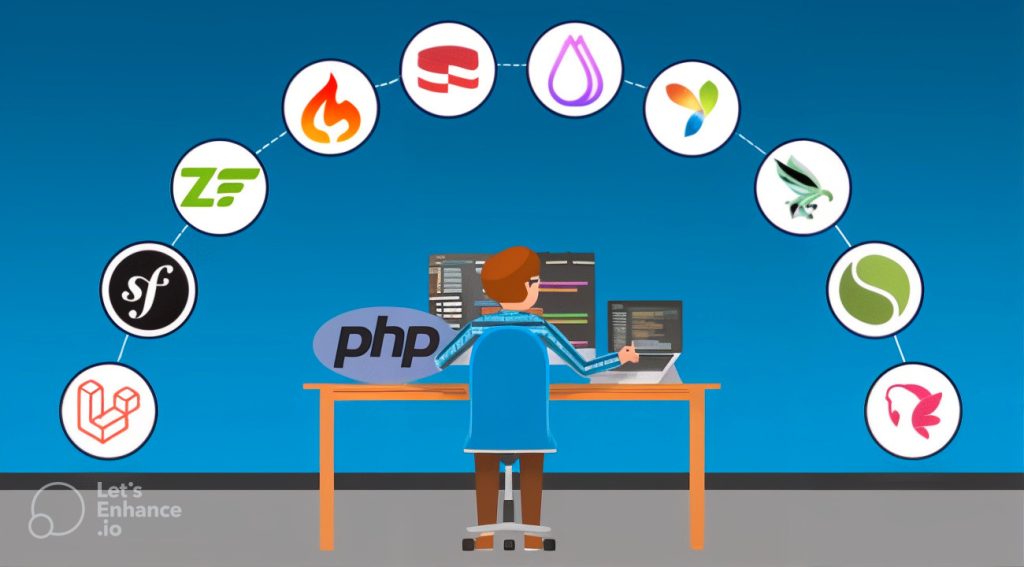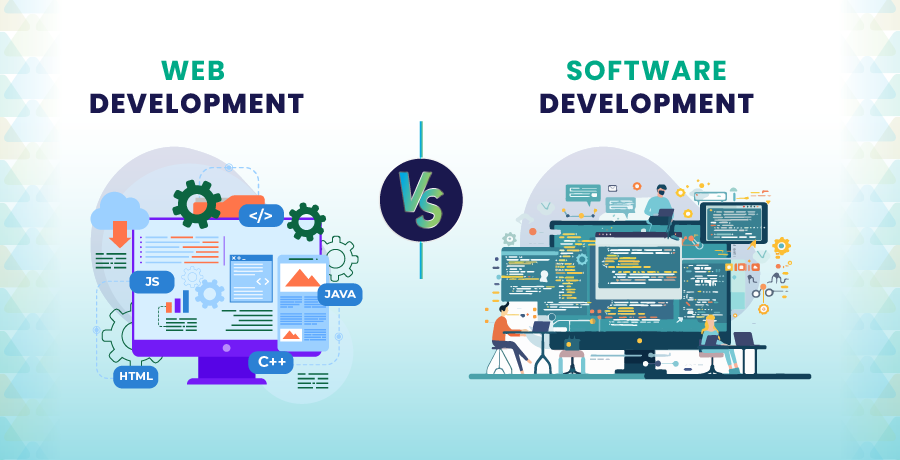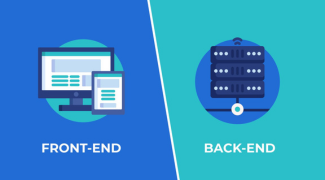PHP in Web Development: Old But Gold

PHP (Hypertext Preprocessor) is indeed a longstanding and influential language in web development. Despite being considered “old” compared to newer technologies, PHP remains a vital tool for many developers and projects. Here’s a comprehensive look at why PHP is still valuable and how it fits into modern web development:
1. PHP’s Historical Impact and Evolution
Early Days:
- Initial Release: PHP was created in 1993 by Rasmus Lerdorf and officially released in 1995. It was initially designed to track visits to Lerdorf’s online resume but quickly evolved into a full-fledged scripting language for web development.
- Server-Side Scripting: PHP became popular for server-side scripting, providing a way to create dynamic web pages by embedding code within HTML.
Evolution:
- Modern Versions: Over the years, PHP has undergone significant improvements. Modern versions like PHP 7 and PHP 8 bring enhanced performance, better security features, and more robust programming capabilities.
2. PHP’s Key Strengths
1. Ease of Learning and Use:
- Beginner-Friendly: PHP’s syntax is relatively simple, making it accessible for beginners. It allows for rapid development and prototyping.
- Documentation: PHP has extensive documentation and a large number of tutorials available, which aids in learning and troubleshooting.
2. Wide Adoption and Community Support:*
- Large Ecosystem: PHP has a vast ecosystem, including numerous libraries, frameworks, and content management systems (CMS) like WordPress, Joomla, and Drupal.
- Active Community: A large and active community provides robust support, frequent updates, and a wealth of resources.
3. Integration Capabilities:
- Databases: PHP integrates seamlessly with various databases, most notably MySQL, making it a common choice for LAMP (Linux, Apache, MySQL, PHP) stack development.
- APIs and Services: PHP can easily interact with APIs and other web services, allowing for versatile application development.
4. Cost-Effectiveness:
- Open Source: PHP is open-source and free to use, which can significantly reduce development costs.
- Hosting: PHP is supported by virtually all web hosting providers, often at a lower cost compared to other technologies.
5. Frameworks and Tools:
- Frameworks: PHP has several popular frameworks like Laravel, Symfony, and CodeIgniter that streamline development by providing built-in features and best practices.
- Tools: Integrated Development Environments (IDEs) like PhpStorm and tools like Composer for dependency management enhance PHP development.
3. PHP in Modern Web Development
1. Content Management Systems (CMS):
- Dominance: PHP powers many major CMS platforms, including WordPress (the most widely used CMS), Joomla, and Drupal. These platforms are crucial for creating and managing dynamic content.
2. Web Application Development:
- Custom Applications: PHP is used for developing custom web applications, ranging from small sites to large-scale enterprise solutions. Frameworks like Laravel offer modern features and architectures for these applications.
3. API Development:
- RESTful APIs: PHP can be used to create RESTful APIs, allowing integration with other applications and services.
4. E-Commerce Platforms:
- Solutions: Many e-commerce platforms, such as Magento and WooCommerce, are built on PHP. These solutions provide extensive functionality for building and managing online stores.
4. Challenges and Considerations
1. Performance:
- Historical Perception: PHP has historically been criticized for performance issues. However, modern versions and optimizations (such as PHP 7.x and 8.x) have significantly improved performance.
- Caching and Optimization: Tools like OPcache and strategies like code optimization can further enhance PHP performance.
2. Security:
- Security Practices: PHP’s security has been a concern in the past, but modern best practices, secure coding techniques, and regular updates address many security issues.
- Frameworks and Tools: Using well-maintained frameworks and following security best practices helps mitigate risks.
3. Evolving Technology Landscape:
- Newer Technologies: While PHP remains relevant, developers may also need to familiarize themselves with newer technologies and frameworks to stay competitive.
5. Future Prospects
1. Continued Evolution:
- Future Releases: PHP continues to evolve with new features, improvements, and optimizations. Future releases will likely address existing challenges and enhance the language’s capabilities.
2. Integration with Modern Technologies:
- Interoperability: PHP integrates well with modern technologies and tools, including front-end frameworks like React and Vue.js, as well as cloud services and containerization platforms.
3. Legacy Systems:
- Maintenance: Many existing systems and applications are built with PHP. Maintaining and evolving these systems will continue to be a significant aspect of the PHP landscape.
Conclusion
PHP, while considered older compared to newer technologies, remains a powerful and relevant tool in web development. Its ease of use, broad adoption, strong community support, and extensive ecosystem contribute to its enduring value. Whether working with content management systems, web applications, or APIs, PHP continues to play a vital role in the development of dynamic, data-driven websites and applications.









